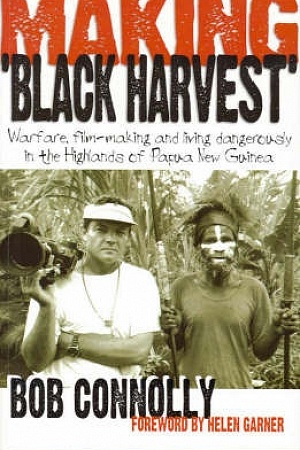Steven Spielberg: A life in films
Yale University Press (Footprint) $36.99 hb, 248 pp, 9780300186932
Steven Spielberg: A life in films by Molly Haskell
Steven Spielberg may be the most beloved filmmaker alive, but this has rarely stopped critics from patronising him. ‘Such moods as alienation and melancholia have no place in his films,’ the New Yorker’s David Denby wrote on the occasion of Spielberg’s seventieth birthday – a sweeping claim that could hardly be more wrong. In truth, these moods have always been central to Spielberg’s unsettling Romantic vision. Think of the telephone linesman Roy Neary (Richard Dreyfuss) yearning to escape his family in Close Encounters of the Third Kind (1977); the trick-or-treaters roaming suburbia at sunset in E.T. – The Extra Terrestrial (1982); and all the Lost Boys – and sometimes girls – who wander through subsequent films from Empire of the Sun (1987) to Catch Me If You Can (2002) to The BFG (2016).
Happily, Molly Haskell is a more sensitive observer than Denby. Steven Spielberg: A life in films has the virtue of paying attention to the films themselves, not merely to their maker’s public image as a cheery, wholesome entertainer. This is doubly impressive considering that Haskell has never been an ardent fan. In her introduction to this compact book, she admits to doubting whether she was the best writer for the job, given that Spielberg’s ‘great subjects – children, adolescents – and genres – science fiction, fantasy, horror, action-adventure – were stay-away zones for me’. This is an understandable statement coming from Haskell, a pioneering feminist film critic best-known as the author of the classic study From Reverence to Rape (1974), which belongs on every buff’s bookshelf. Far from sharing Spielberg’s boyish interest in gizmos and extraterrestrials, Haskell regards such fixations as straightforward symptoms of arrested development, grounded in fear of adulthood and especially of adult relationships with women.
Continue reading for only $10 per month. Subscribe and gain full access to Australian Book Review. Already a subscriber? Sign in. If you need assistance, feel free to contact us.











Leave a comment
If you are an ABR subscriber, you will need to sign in to post a comment.
If you have forgotten your sign in details, or if you receive an error message when trying to submit your comment, please email your comment (and the name of the article to which it relates) to ABR Comments. We will review your comment and, subject to approval, we will post it under your name.
Please note that all comments must be approved by ABR and comply with our Terms & Conditions.